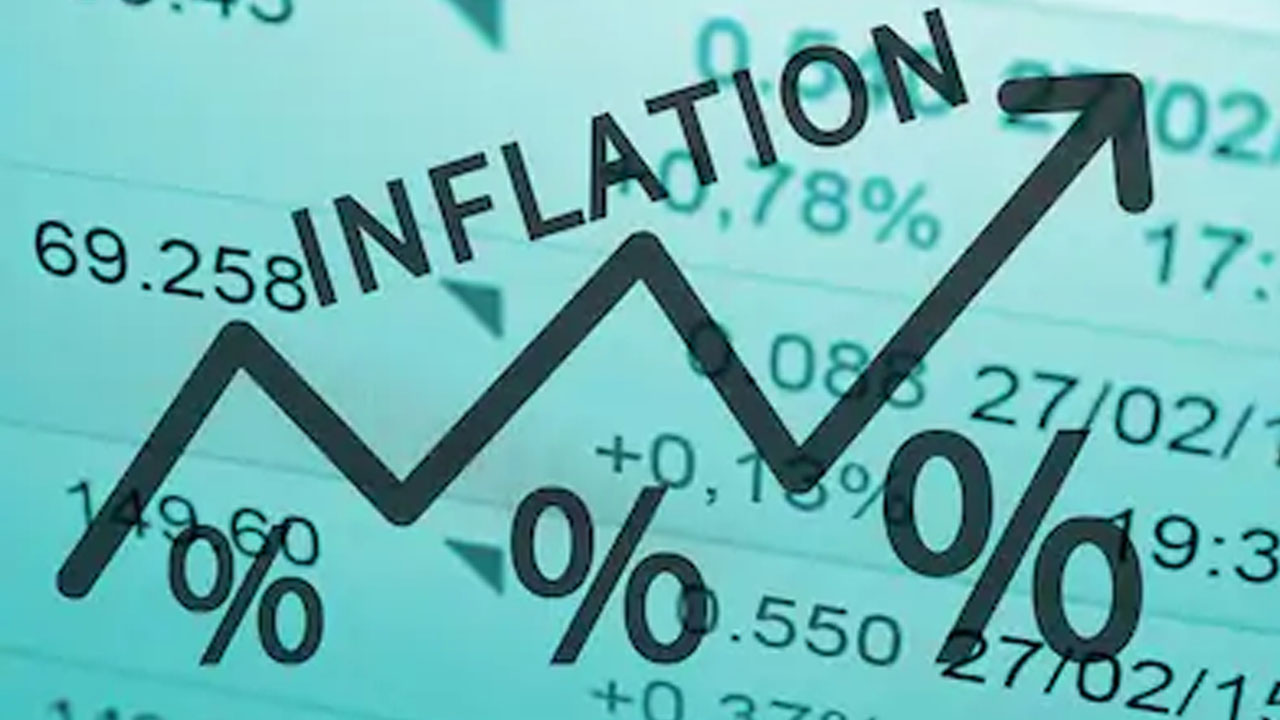
Feature Inflation arrives at 16.47 percent
Food list at most elevated since 2008
Visit https://tradenaira.com/news for more business news.
Nigerians' expendable wages endured a shot a month ago as the buyer cost file (CPI), which estimates swelling, expanded by 16.47 percent (year-on-year) in January. Additionally, raising food expansion has stayed unabated.
Even though experts at Cordros Securities noticed that the month-on-month balance in food costs might have been generally determined by the disseminating effect of merry incited request that pressed food interest, partners said there is the need to address primary actuated variables restricting value adjustment endeavors of the financial position.
As per the most recent CPI report, delivered by the National Bureau of Statistics (NBS) yesterday, Nigeria's feature swelling expanded to its most elevated in more than three years while food expansion rose to its most elevated since July 2008. It remained at 20.9 percent.
On a month-on-month premise, the feature list expanded by 1.49 percent in January 2021. This is 0.12 percent focuses lower than the rate recorded in December 2020 (1.61/percent).
The food list rose pointedly to a record high to remain 20.57 percent in January 2021, contrasted with 19.56 percent recorded in the earlier month.
On a month-on-month premise, the food sub-list expanded by 1.83 percent in January 2021, somewhere around 0.22 percent focuses from 2.05 percent recorded in December 2020.
The ascent in the food file was ascribed to increments in costs of bread and oats, potatoes, sweet potato, and different tubers, meat, organic products, vegetables, fish just as oil and fat.
The private communal area (OPS) distinguished primary variables, which compel profitability across areas to remember decay for farming yield, conversion scale devaluation, higher energy costs, security worries in key food-delivering states, Coronavirus interruptions, flooding, environmental change issues, and high transportation costs as significant swelling drivers that should be checked.
As indicated by the LCCI, feature swelling will stay raised as the mix of food supply stuns, FX strategies, higher energy cost, foreign trade (FX) illiquidity, and uplifted weakness in significant food-creating states keep on mounting tension on homegrown costs.
"We accept an expansive based harmonization of financial and money related arrangements towards tending to the distinguished primary requirements will fundamentally assist with directing pressing inflationary factor in the medium term," the chamber's Director-General, Dr. Muda Yusuf, added.
The "all-thing less homestead produce or center swelling, which rejects the costs of unstable horticultural produce, remained at 11.85 percent, up by 0.48 percent when contrasted and 11.37 percent recorded in December 2020.
On a month-on-month premise, the center sub-record expanded by 1.26 percent in January 2021. This was up by 0.16 percent when contrasted and 1.1 percent recorded in December 2020.

The most elevated increments were recorded in air transport costs, clinical benefits, clinic administrations, street traveler transport, pharmaceutical items, and paramedical administrations.
Others incorporate fixed furniture; vehicle save parts, engine vehicles, various administrations identifying with the home, support, and fix of individual vehicle gear.
The Kogi States drove the rundown of states with the most noteworthy expansion rate in January 2021 with 21.38 percent. Oyo State firmly trailed it with 20.17 percent, Bauchi (19.52 percent), Ebonyi (18.74 percent), and Benue State (18.33 percent).
Then again, Cross River recorded the most minimal at 12.22 percent, followed by Abuja (12.94 percent), Kwara (13.96 percent), Abia (14.03 percent), and Enugu (14.26 percent).
Regarding food swelling, Kogi State additionally recorded the most noteworthy at 26.64 percent, trailed by Oyo State (23.69 percent).
More trending news available for free on https://tradenaira.com/news.














